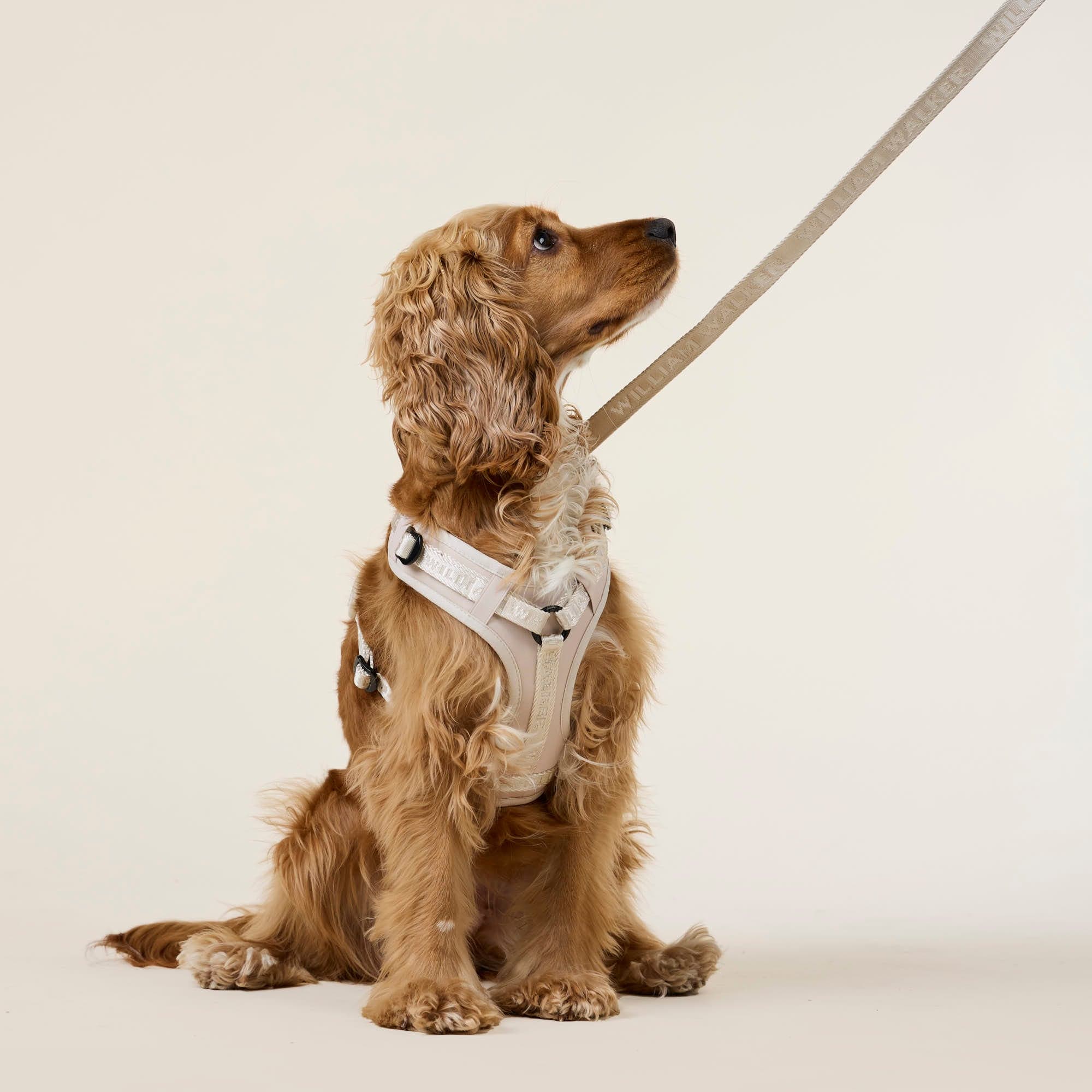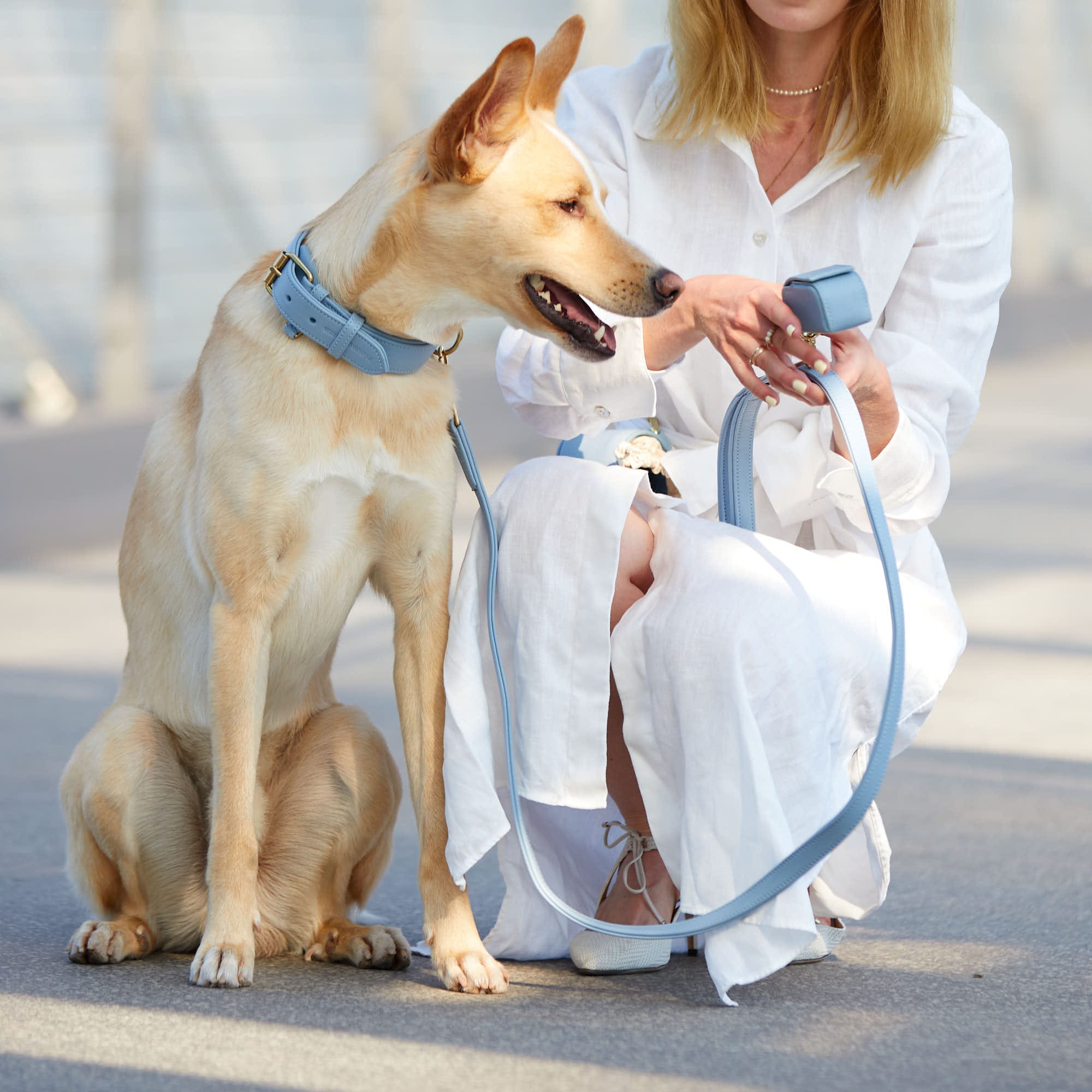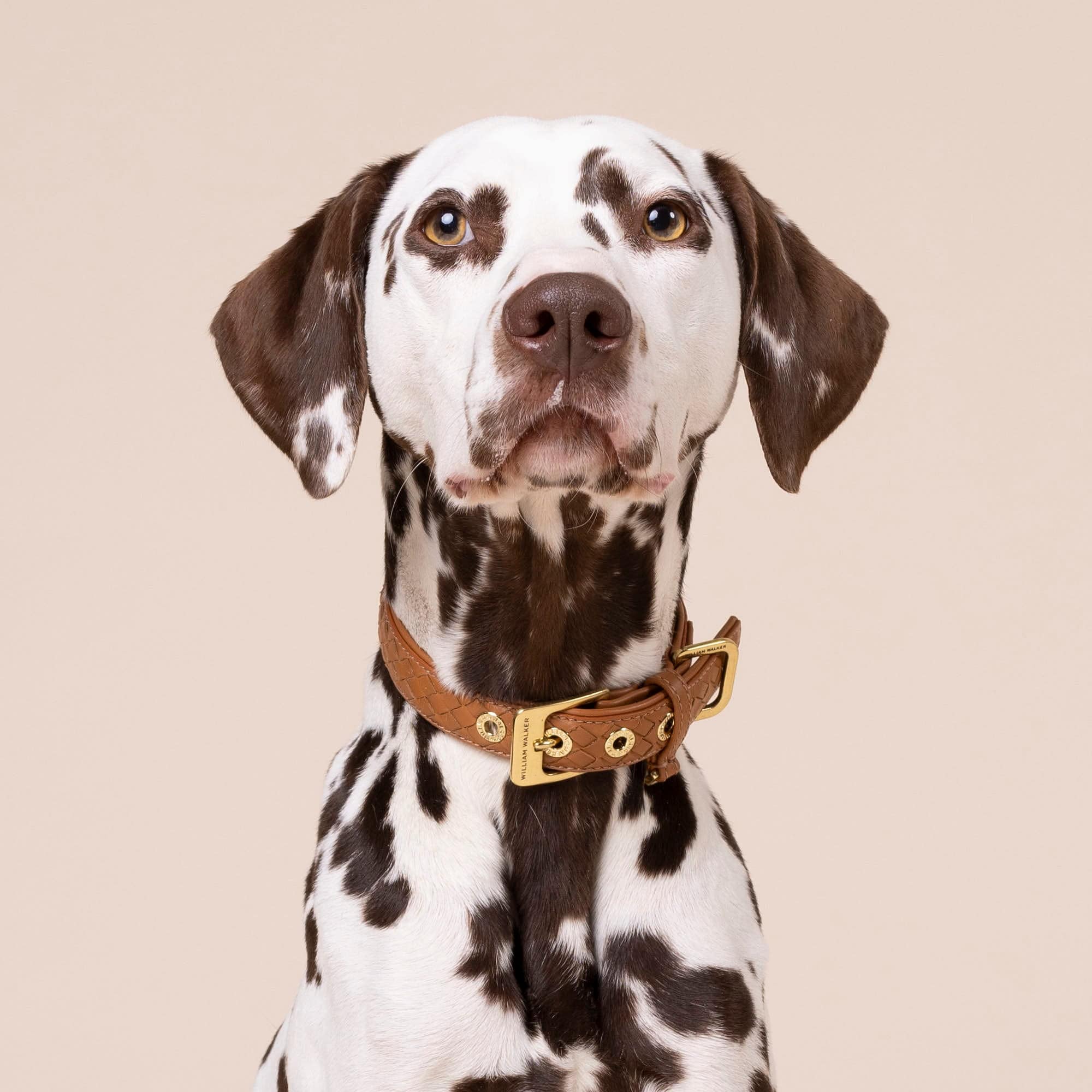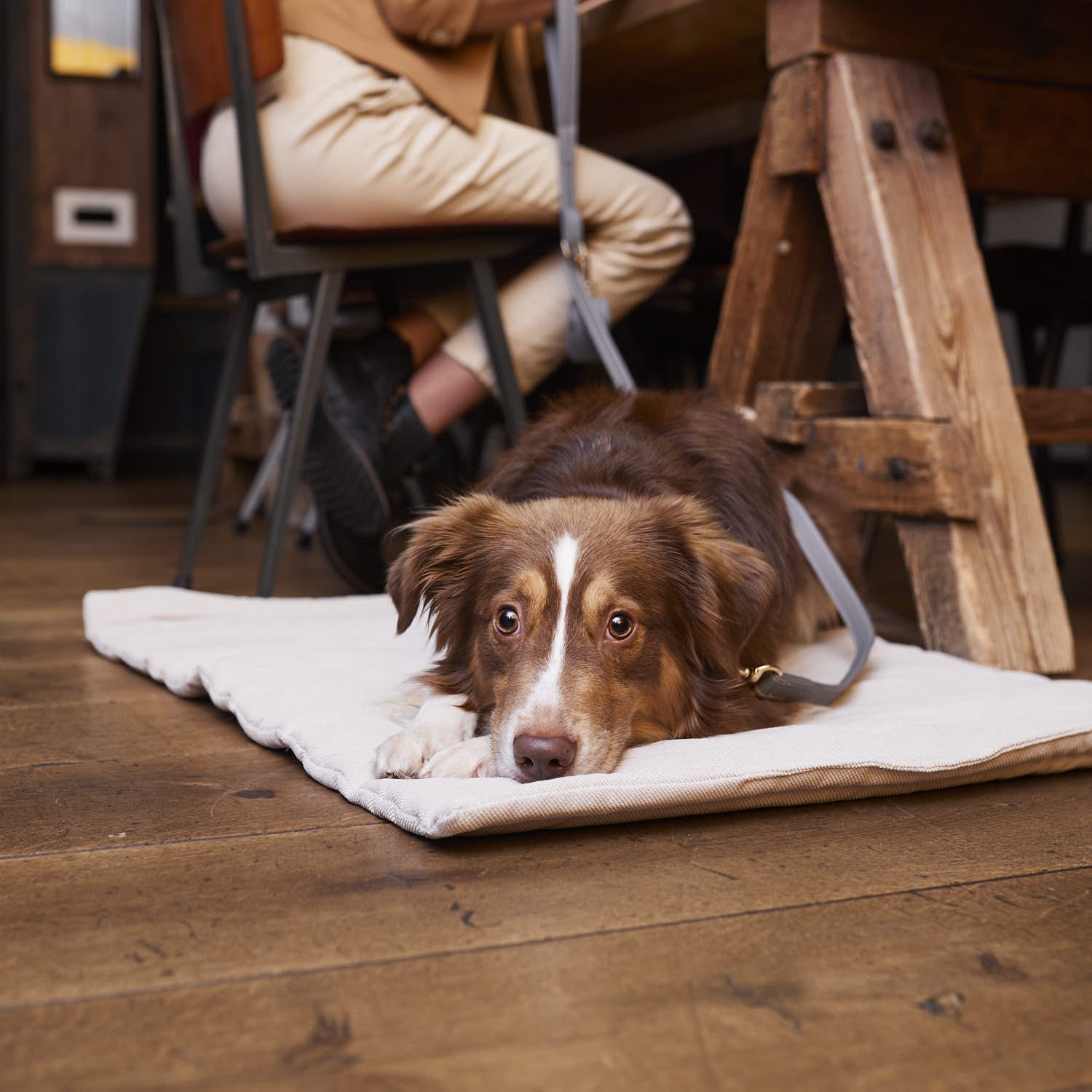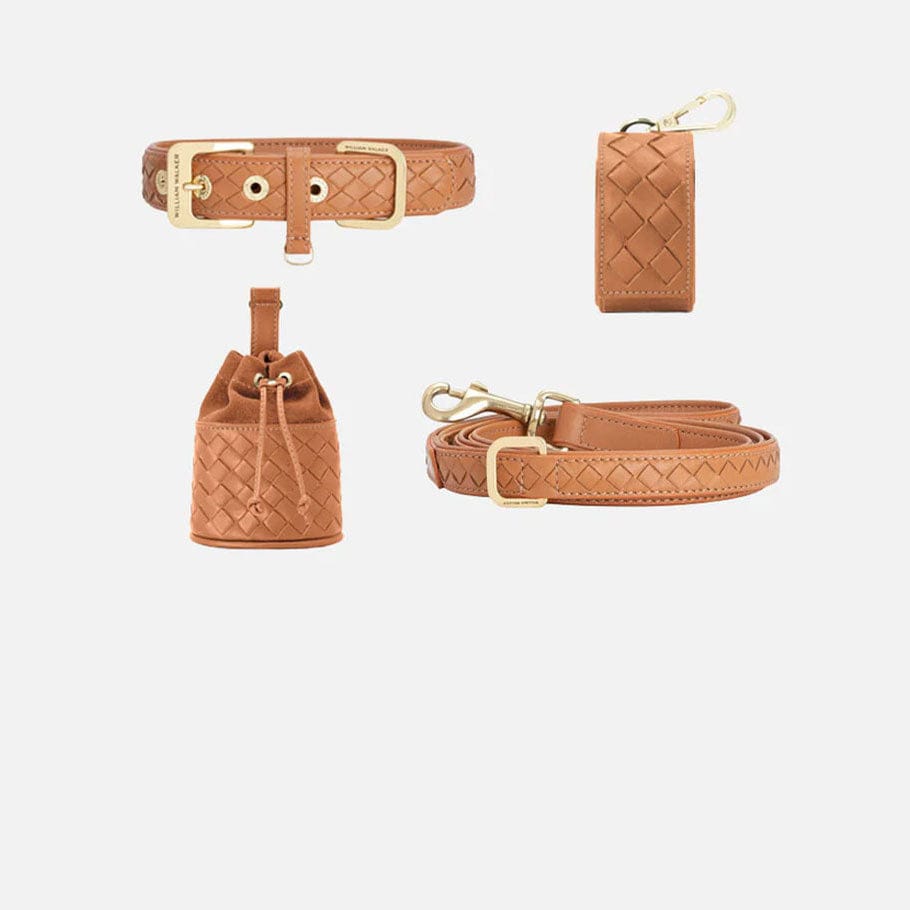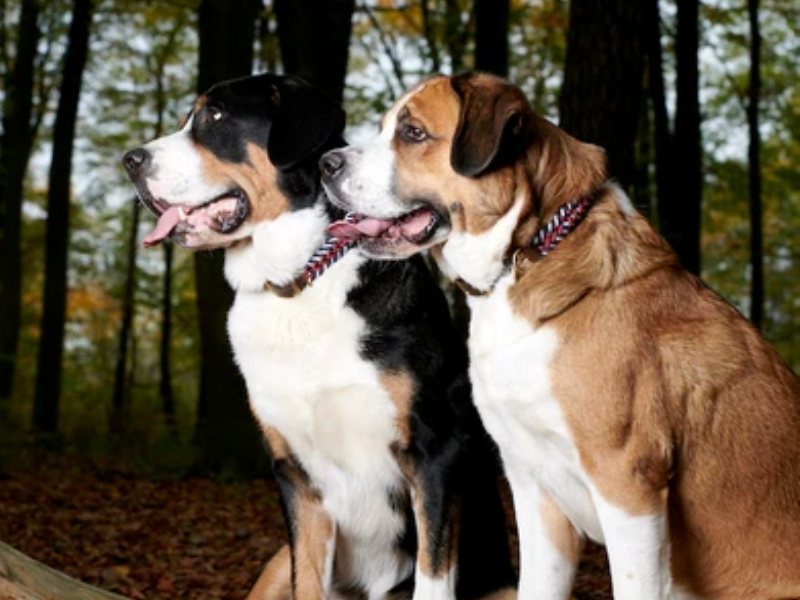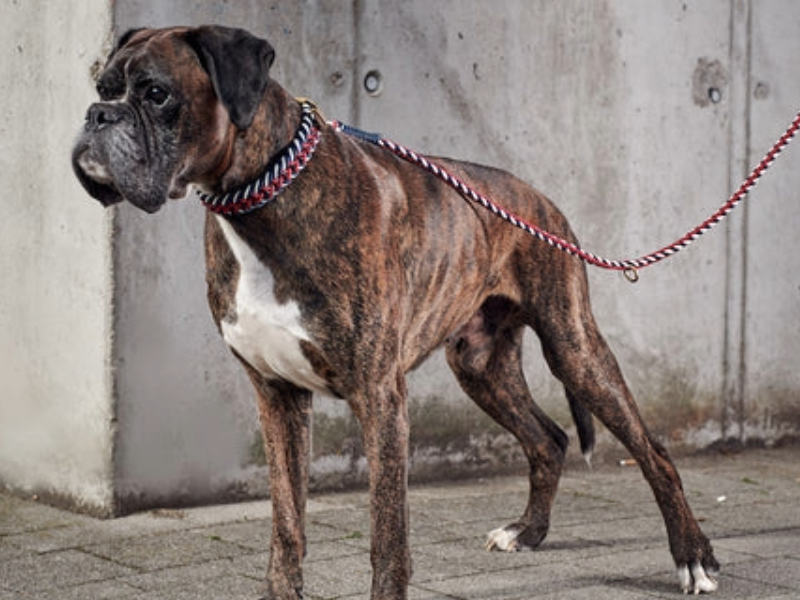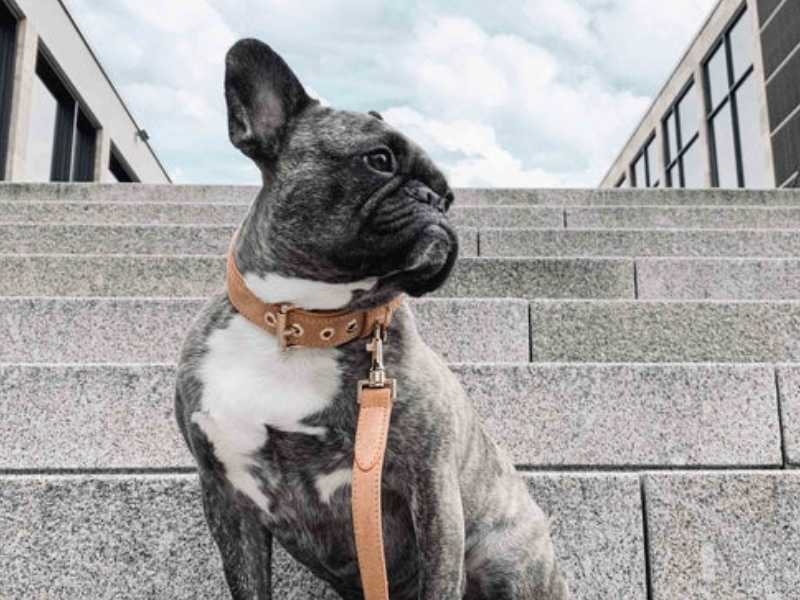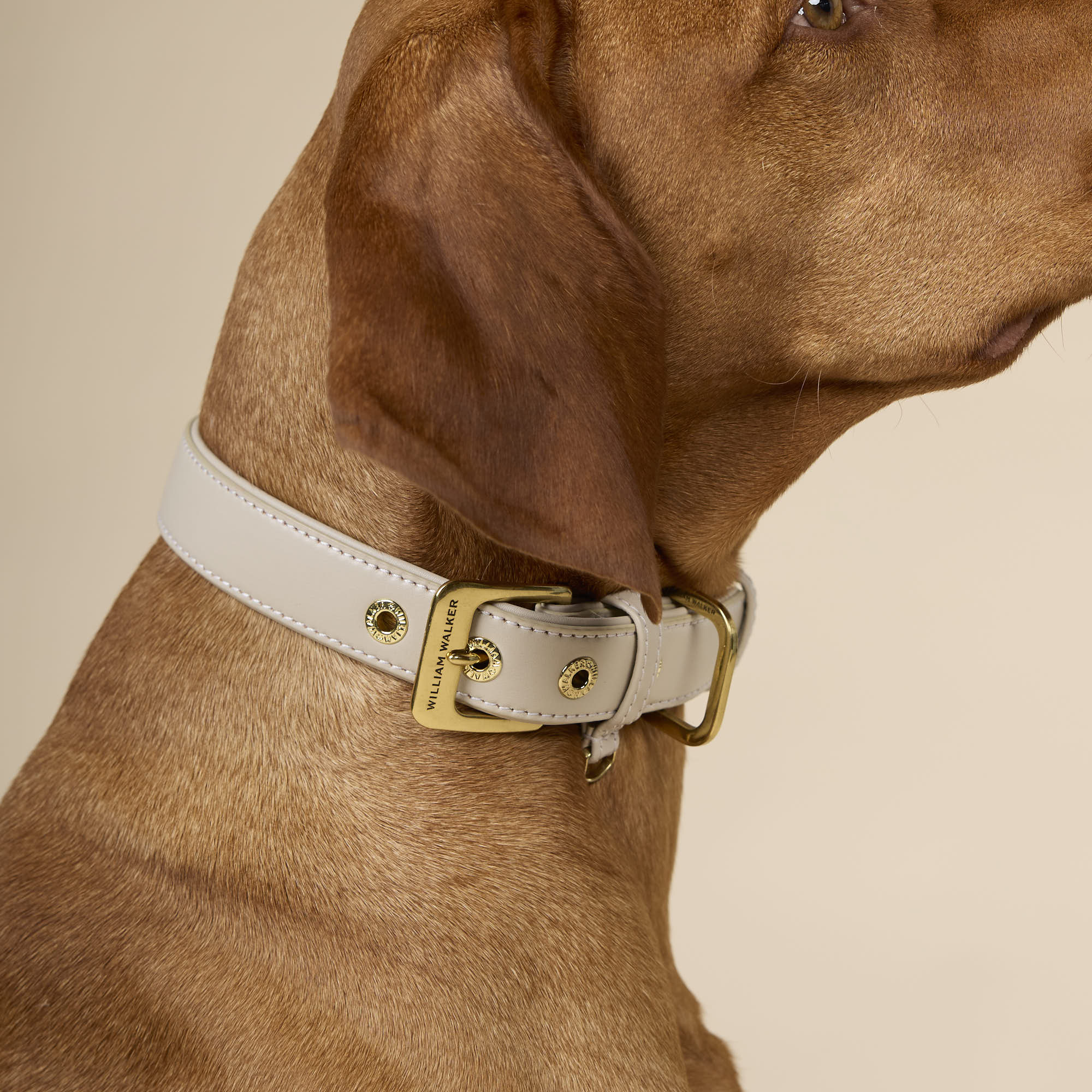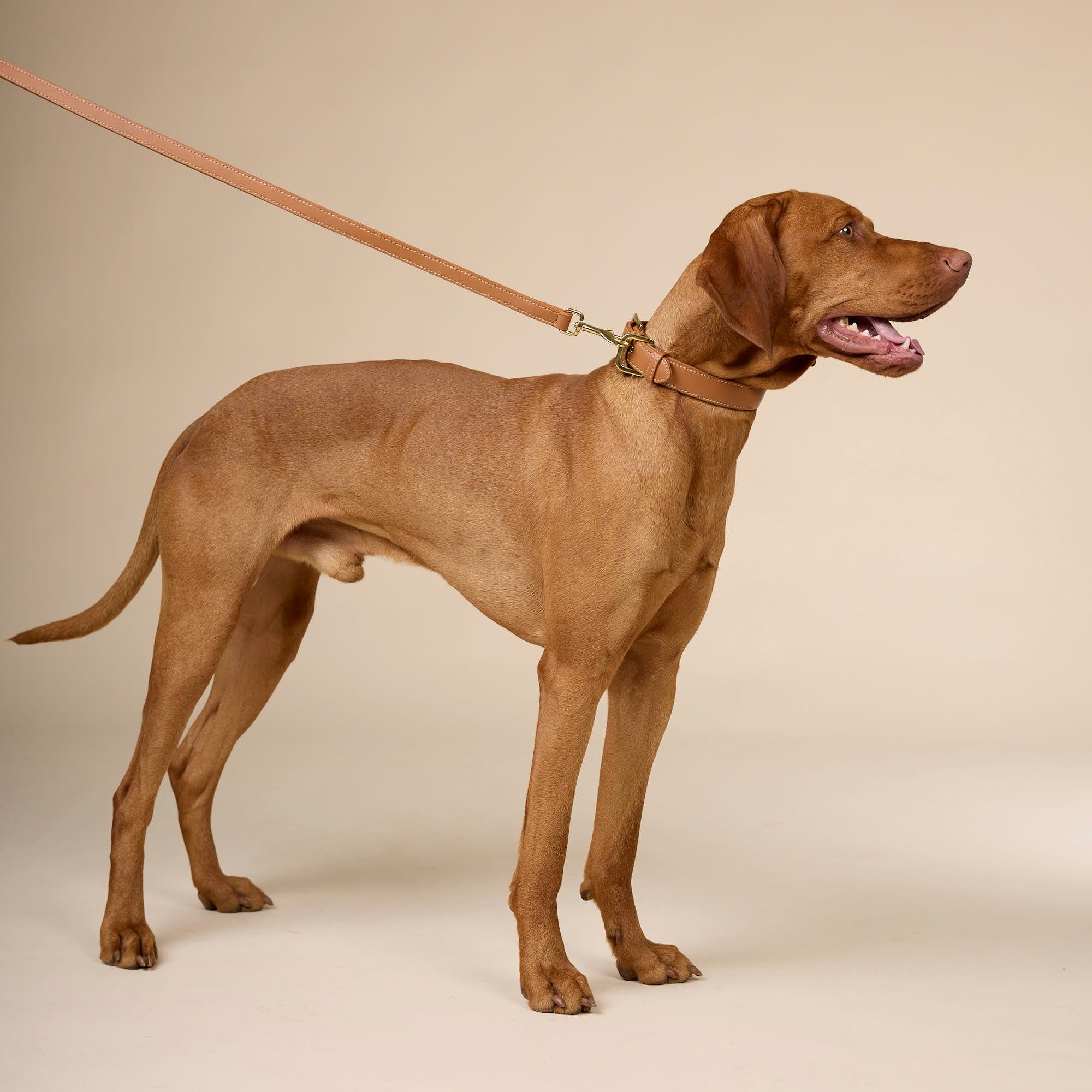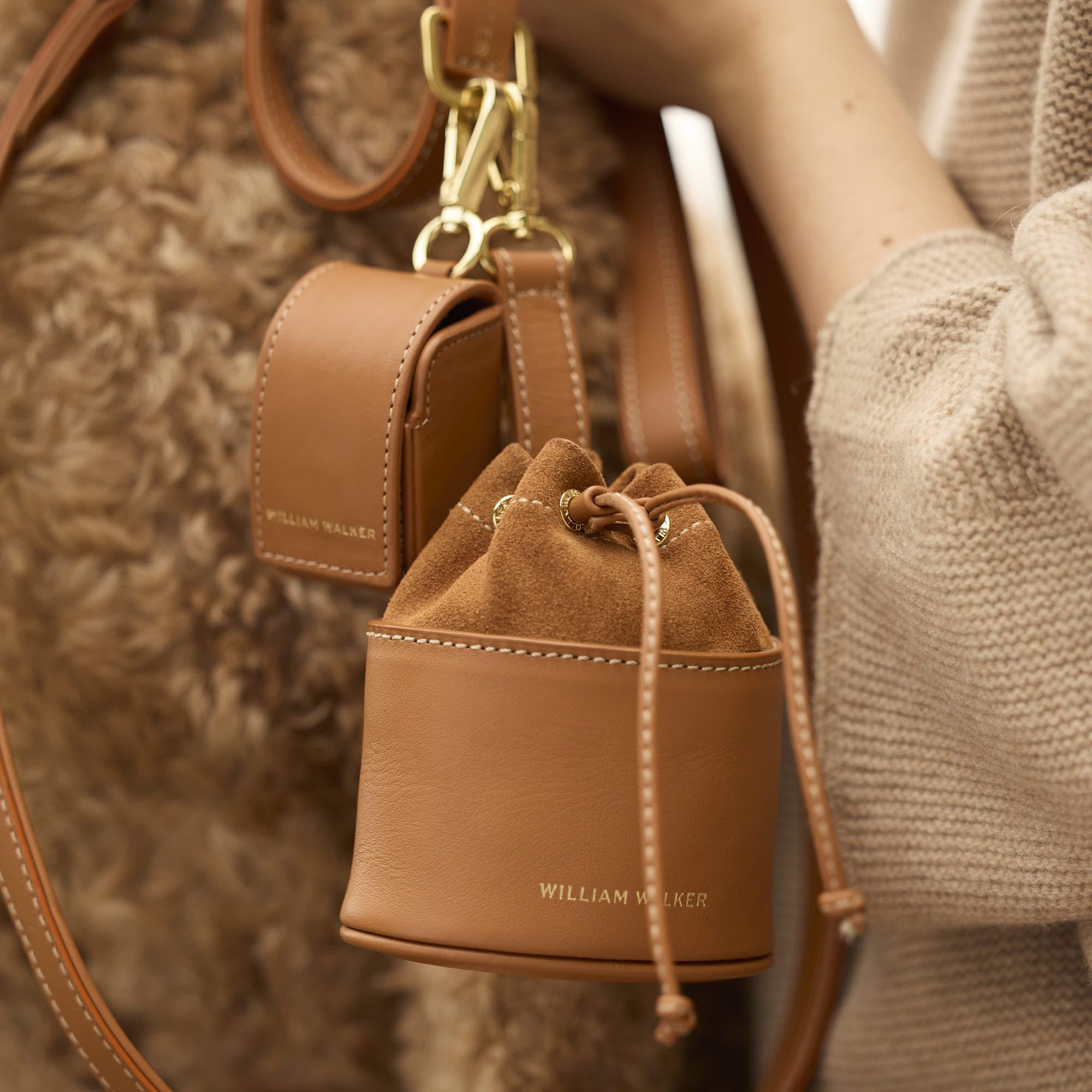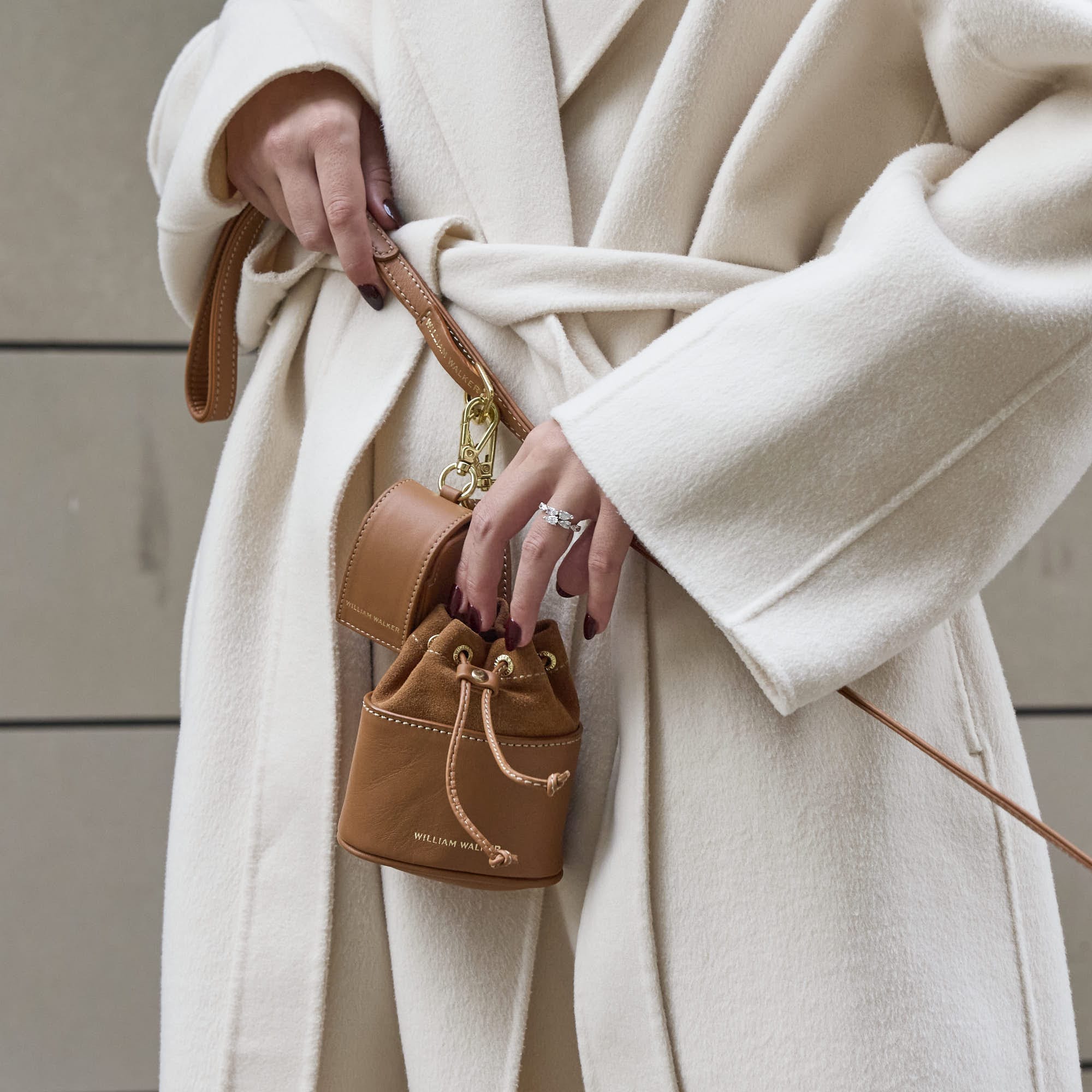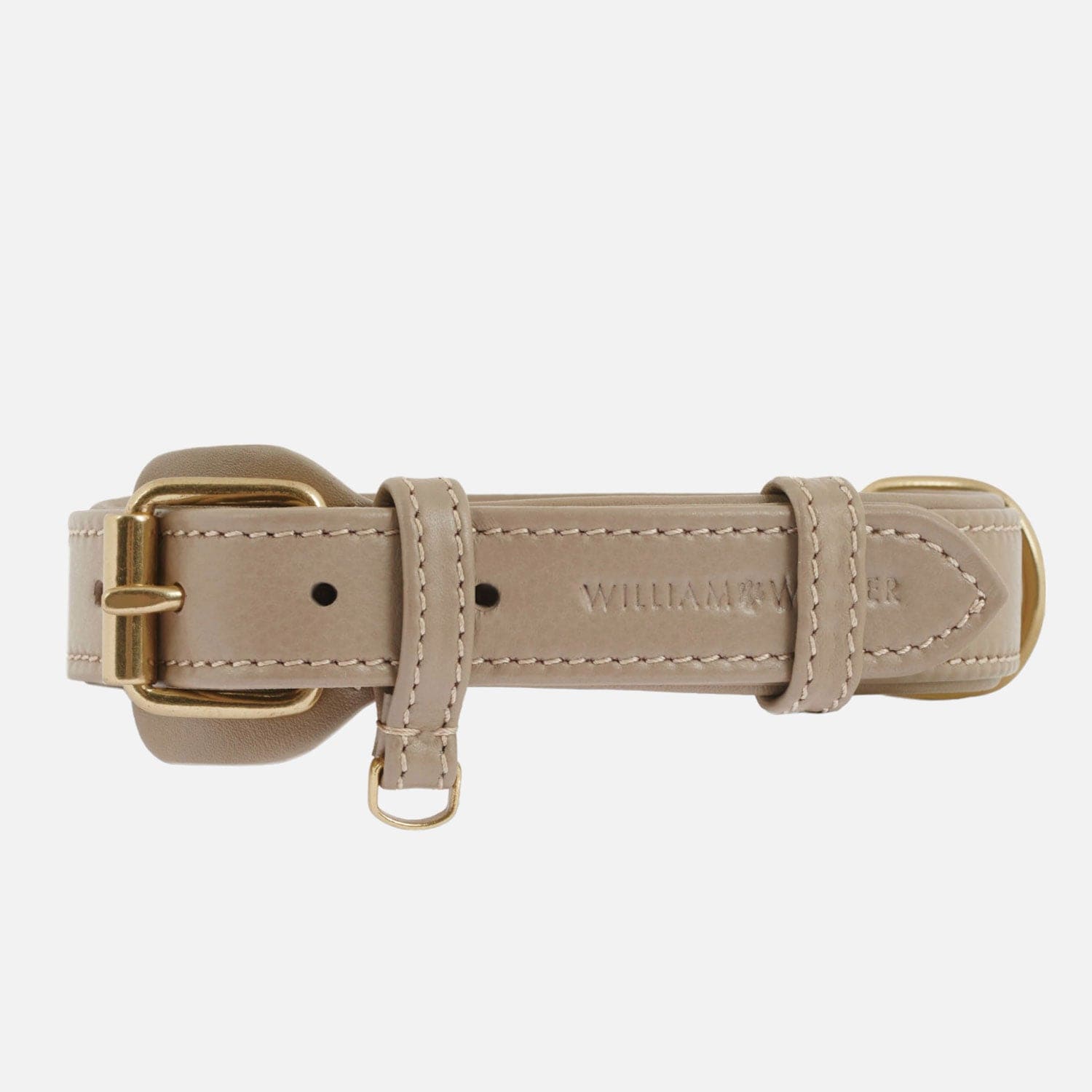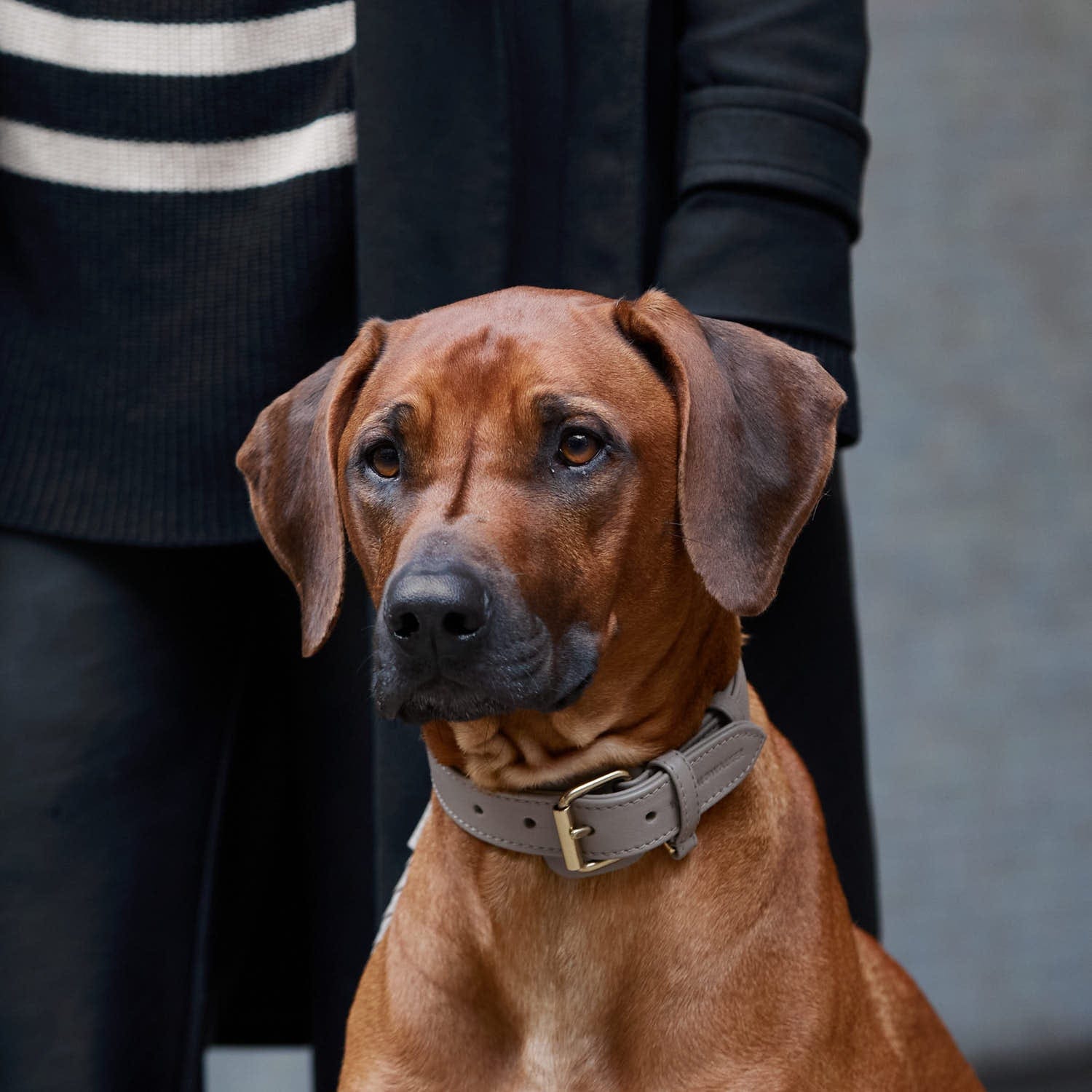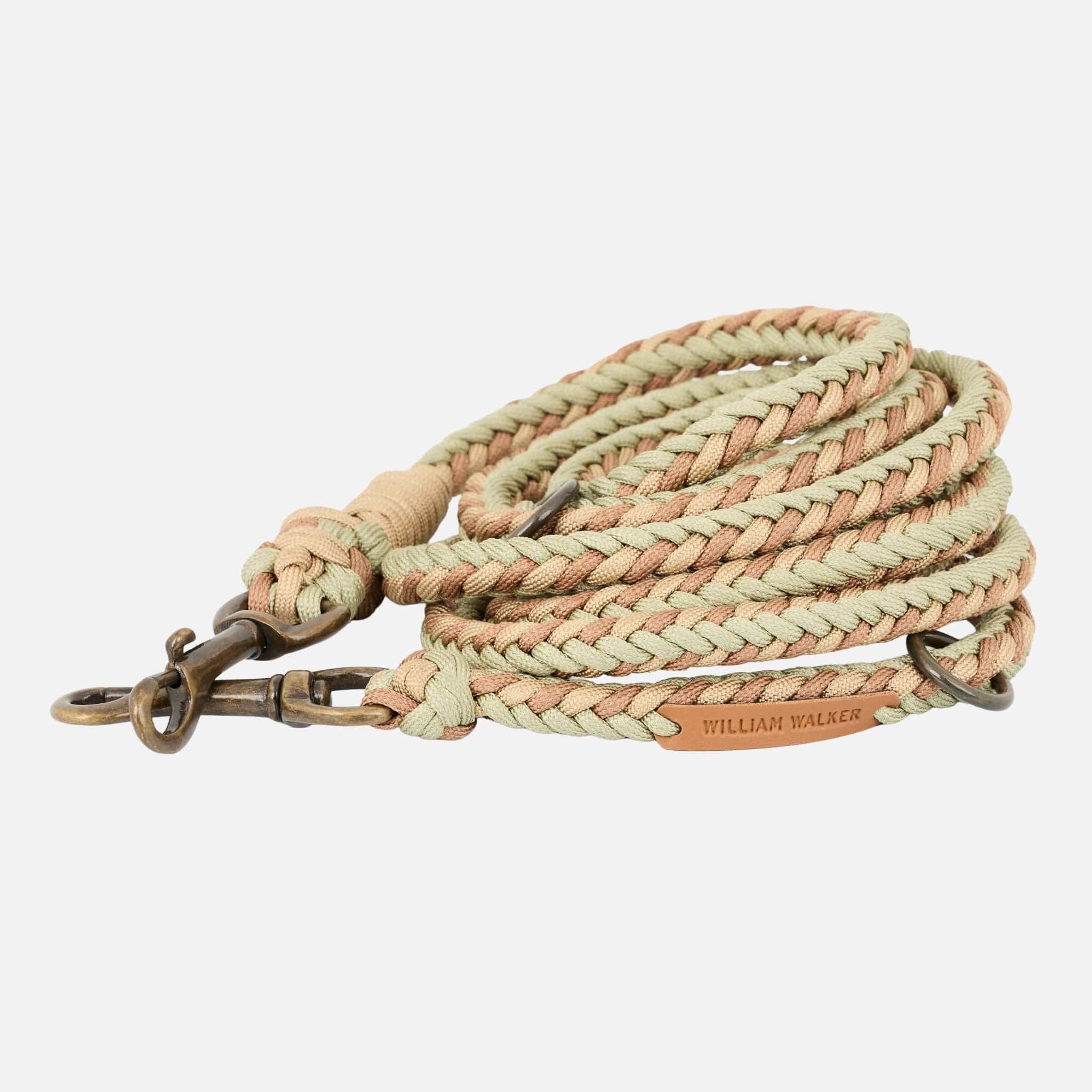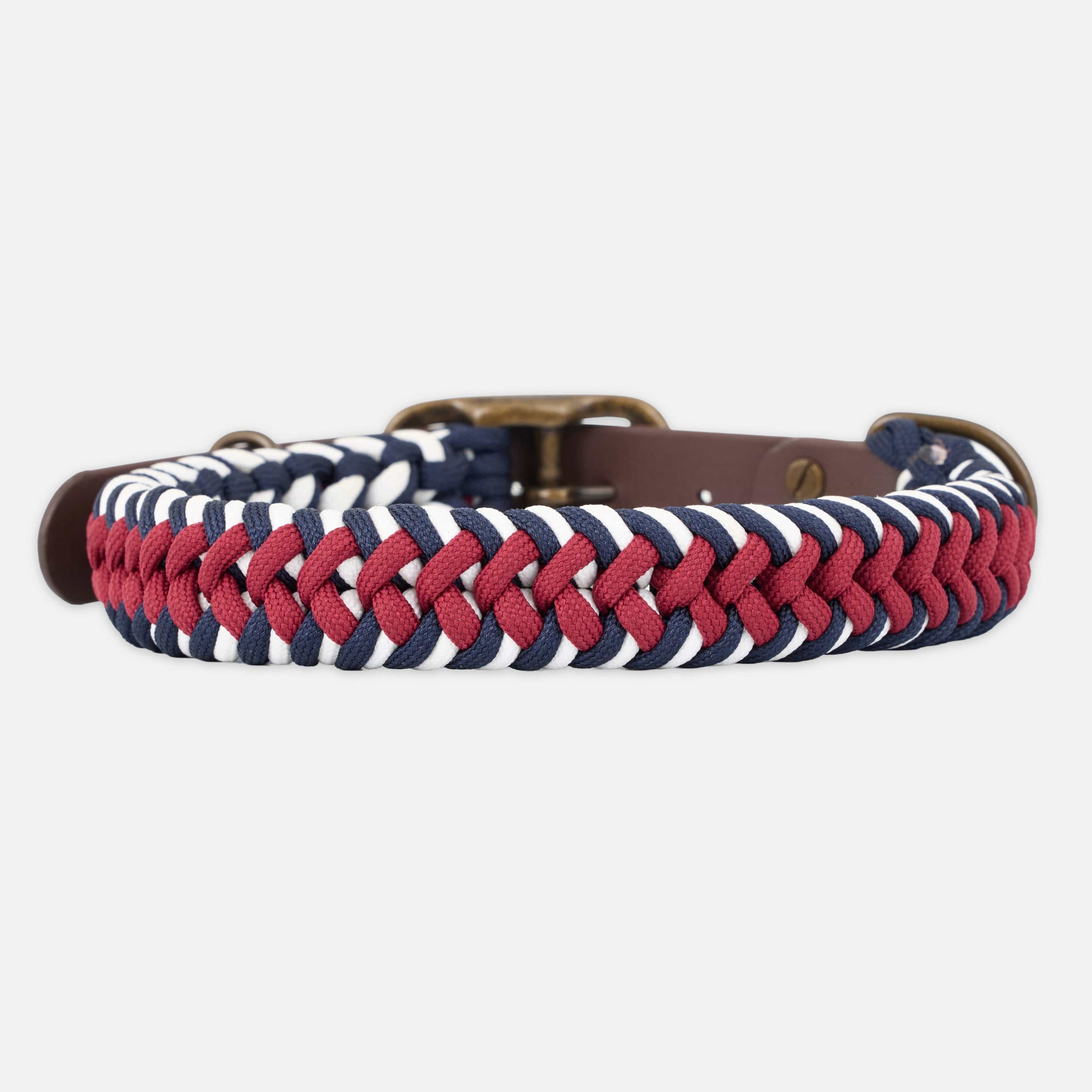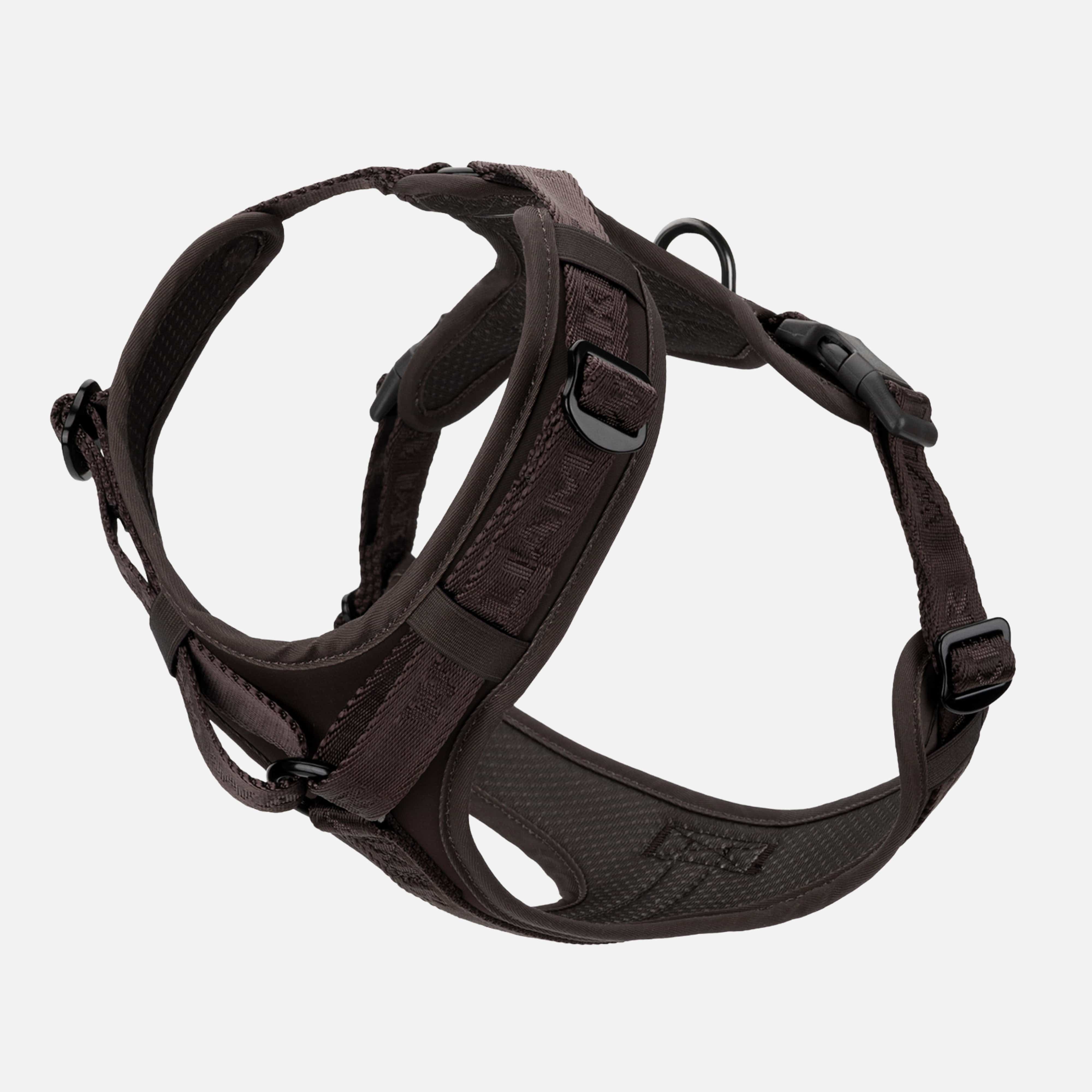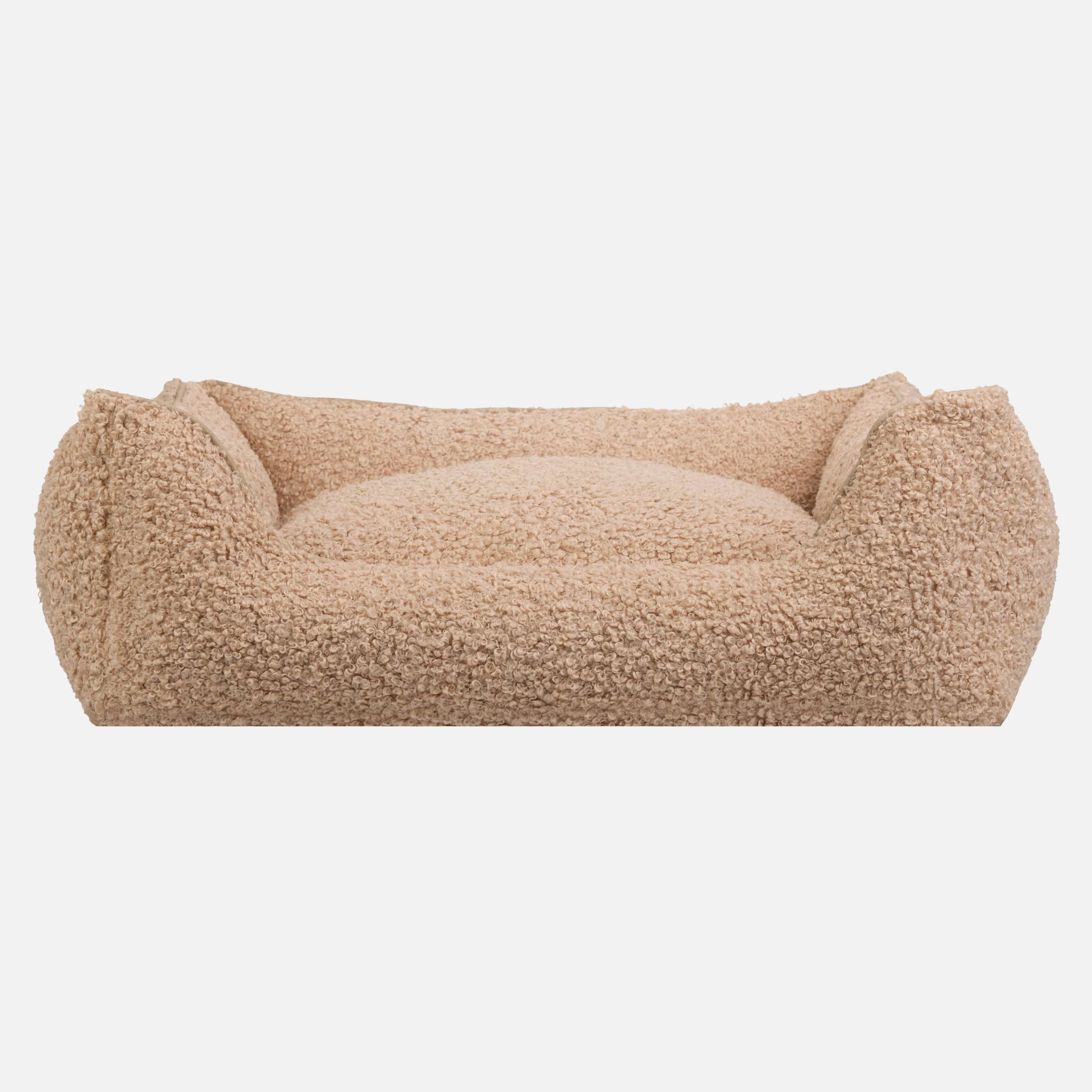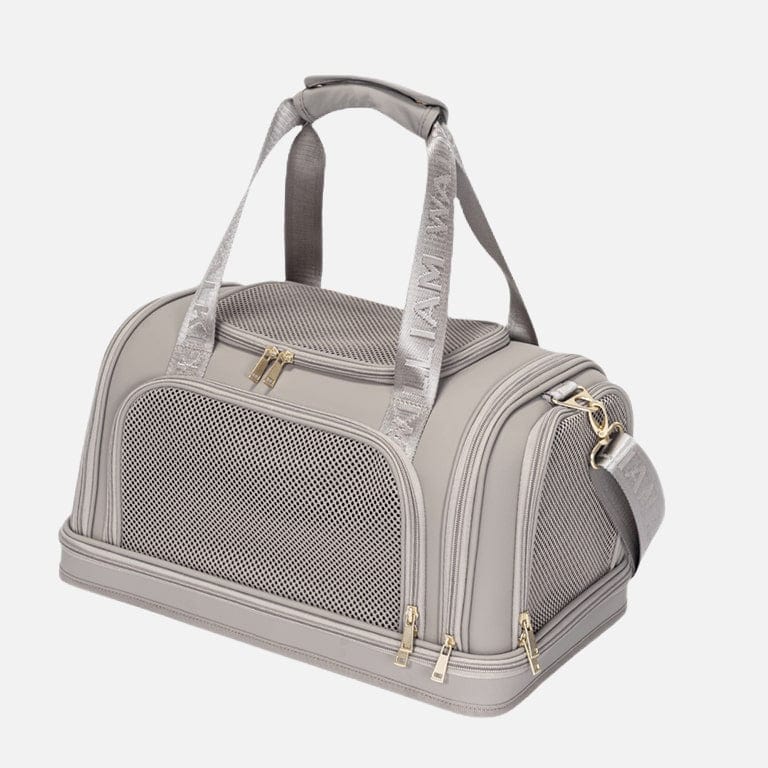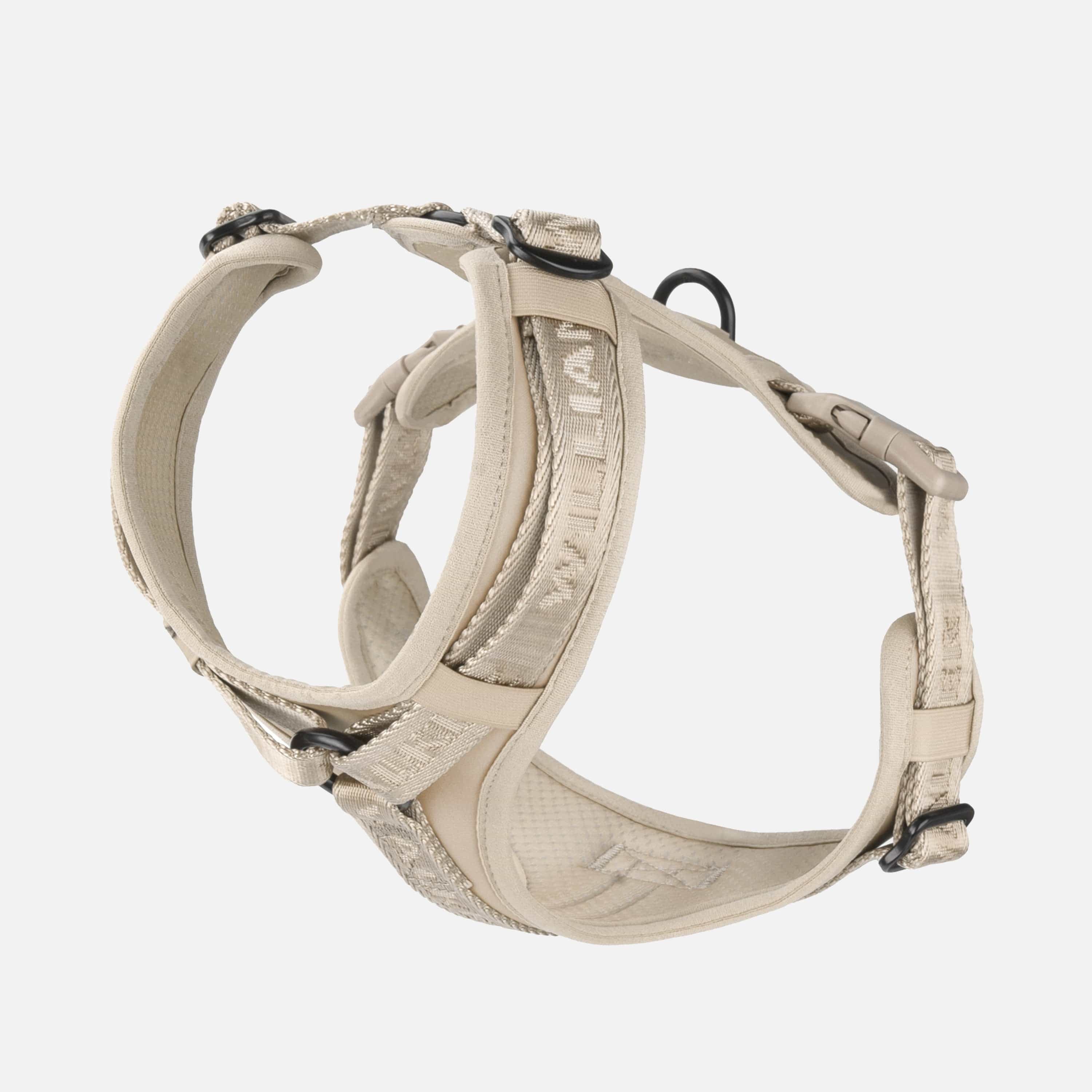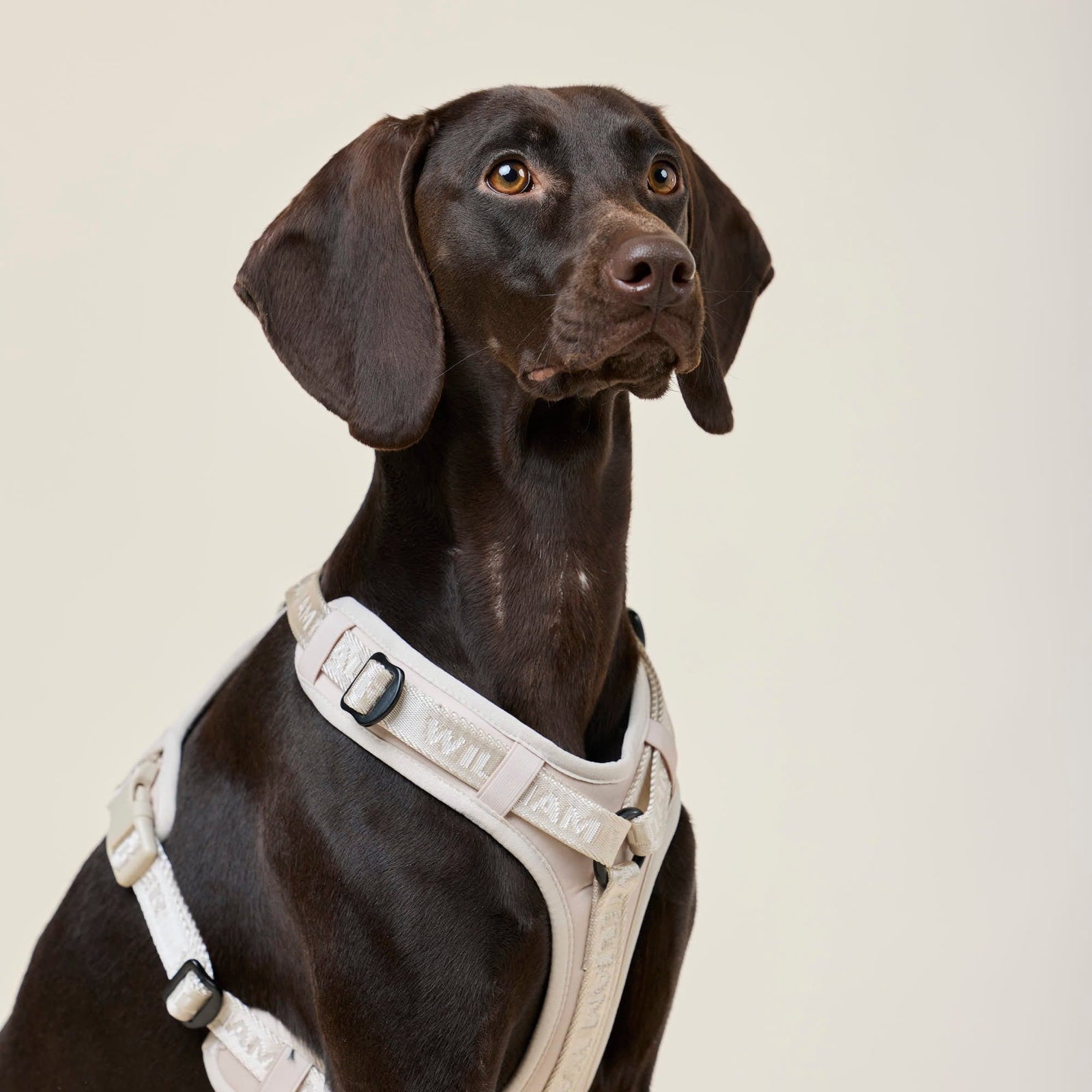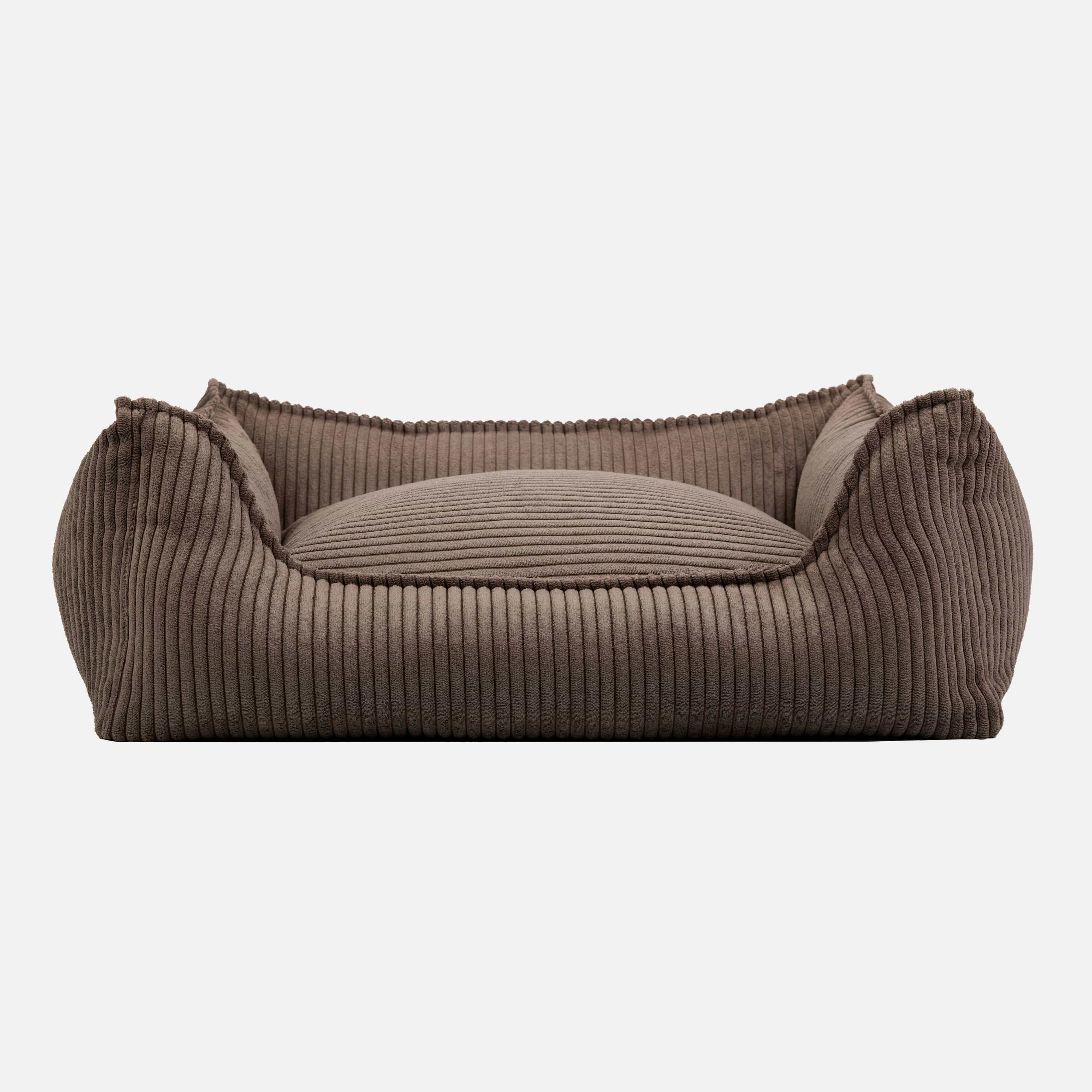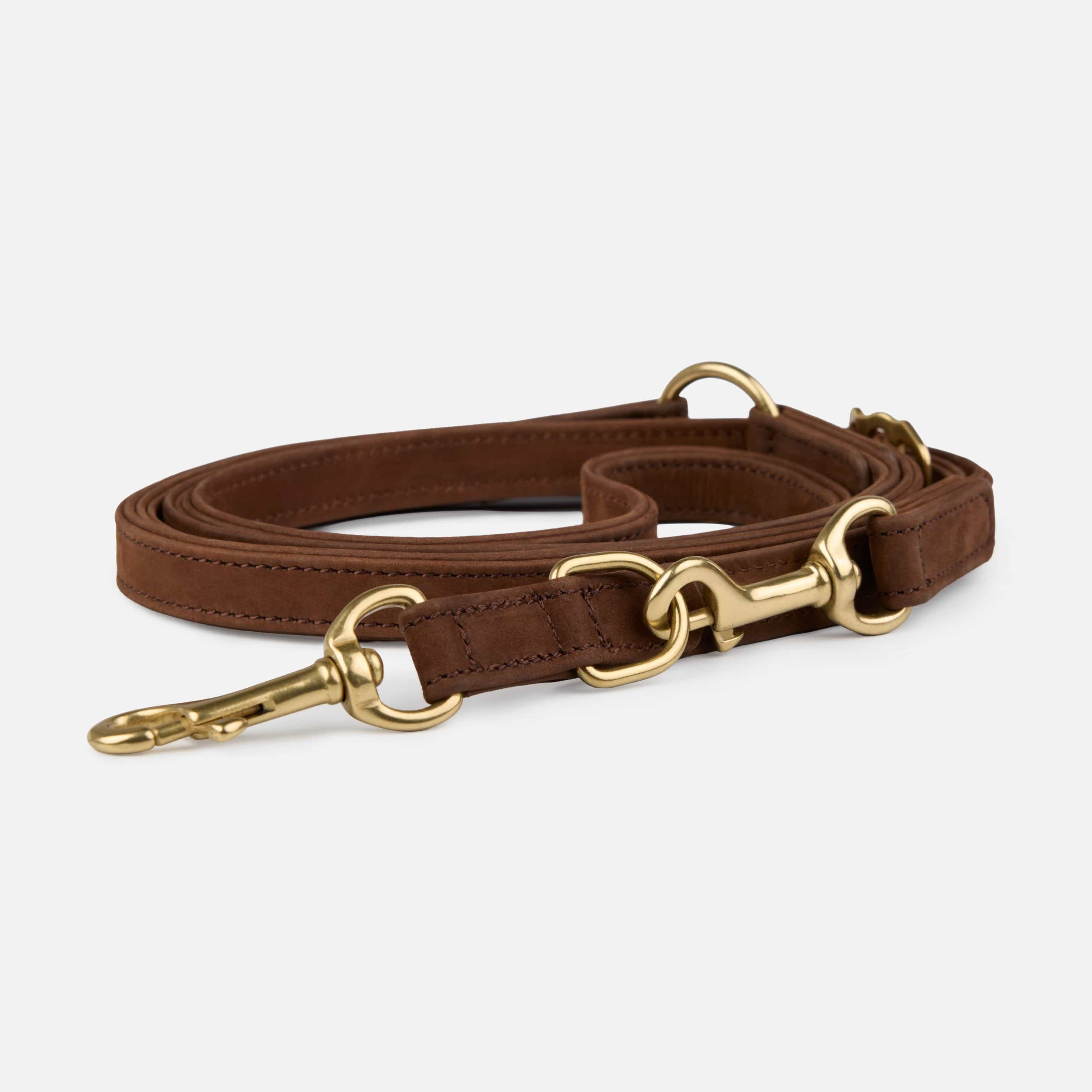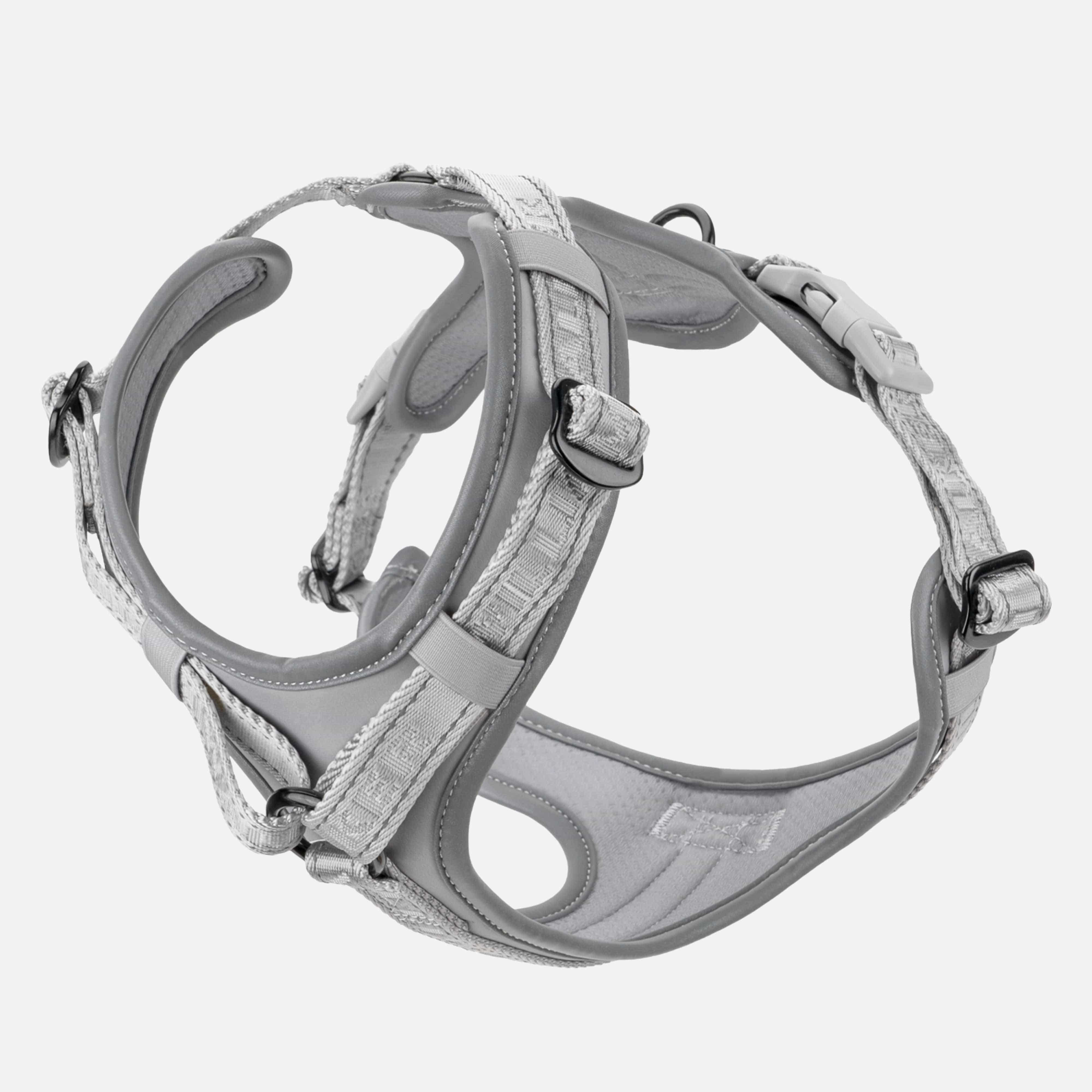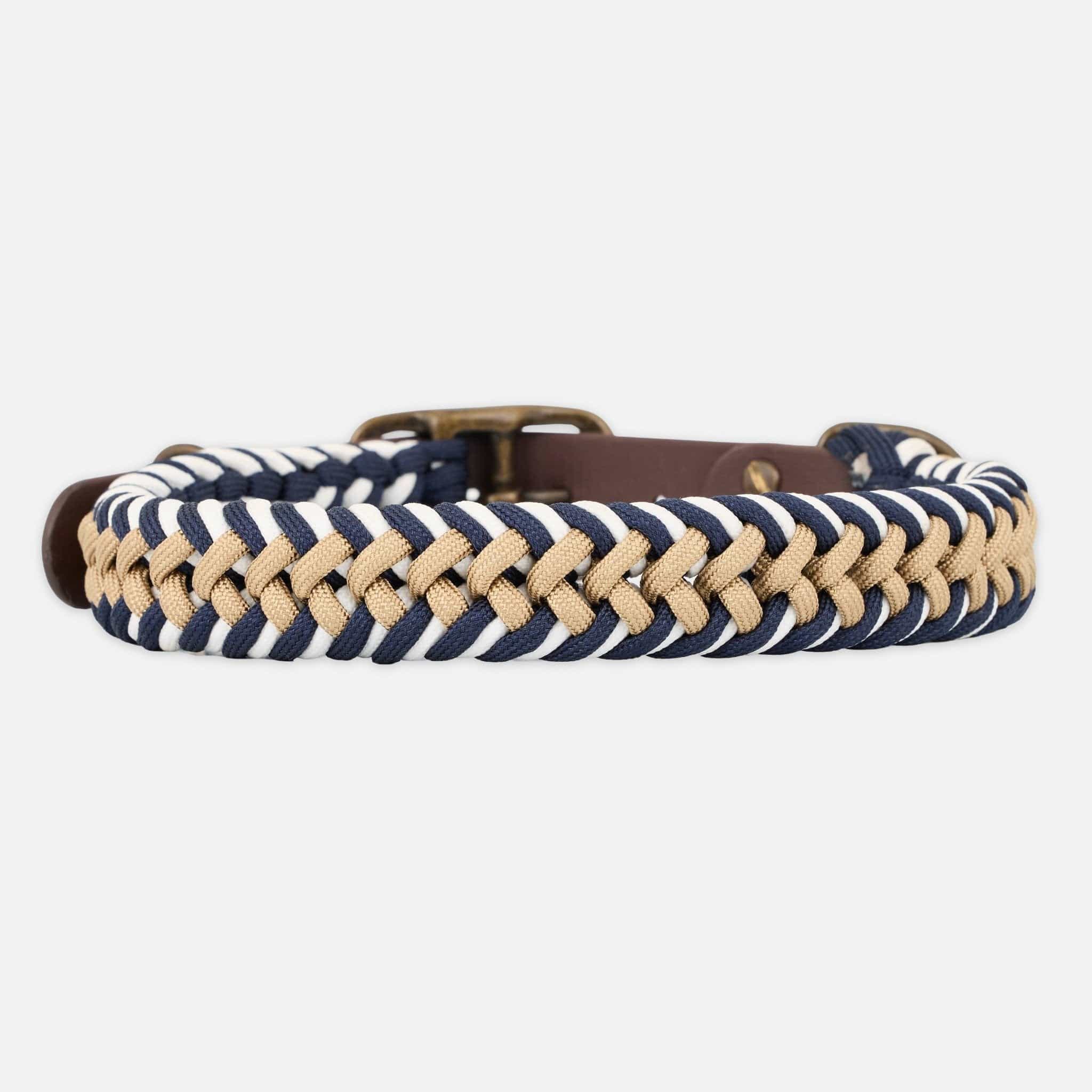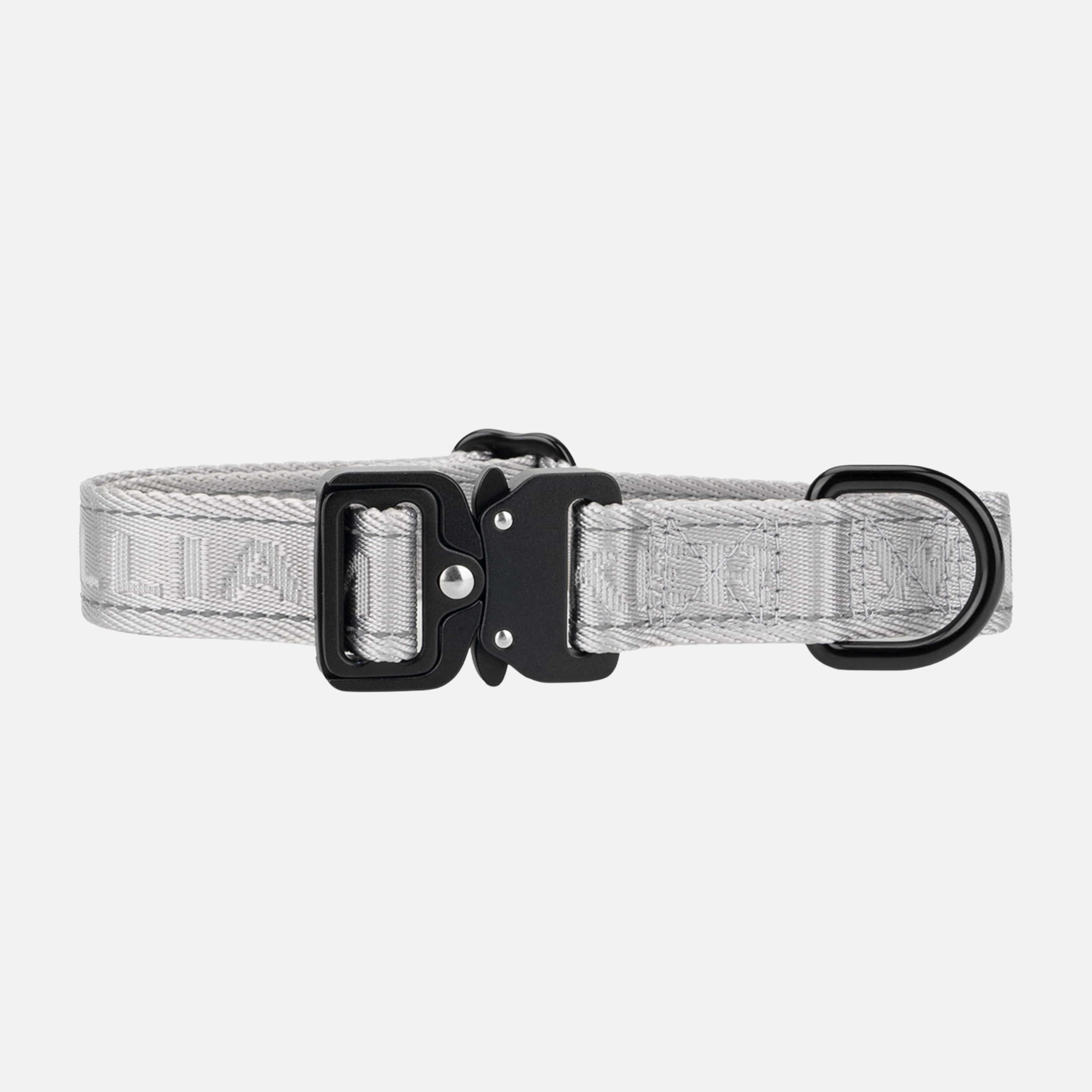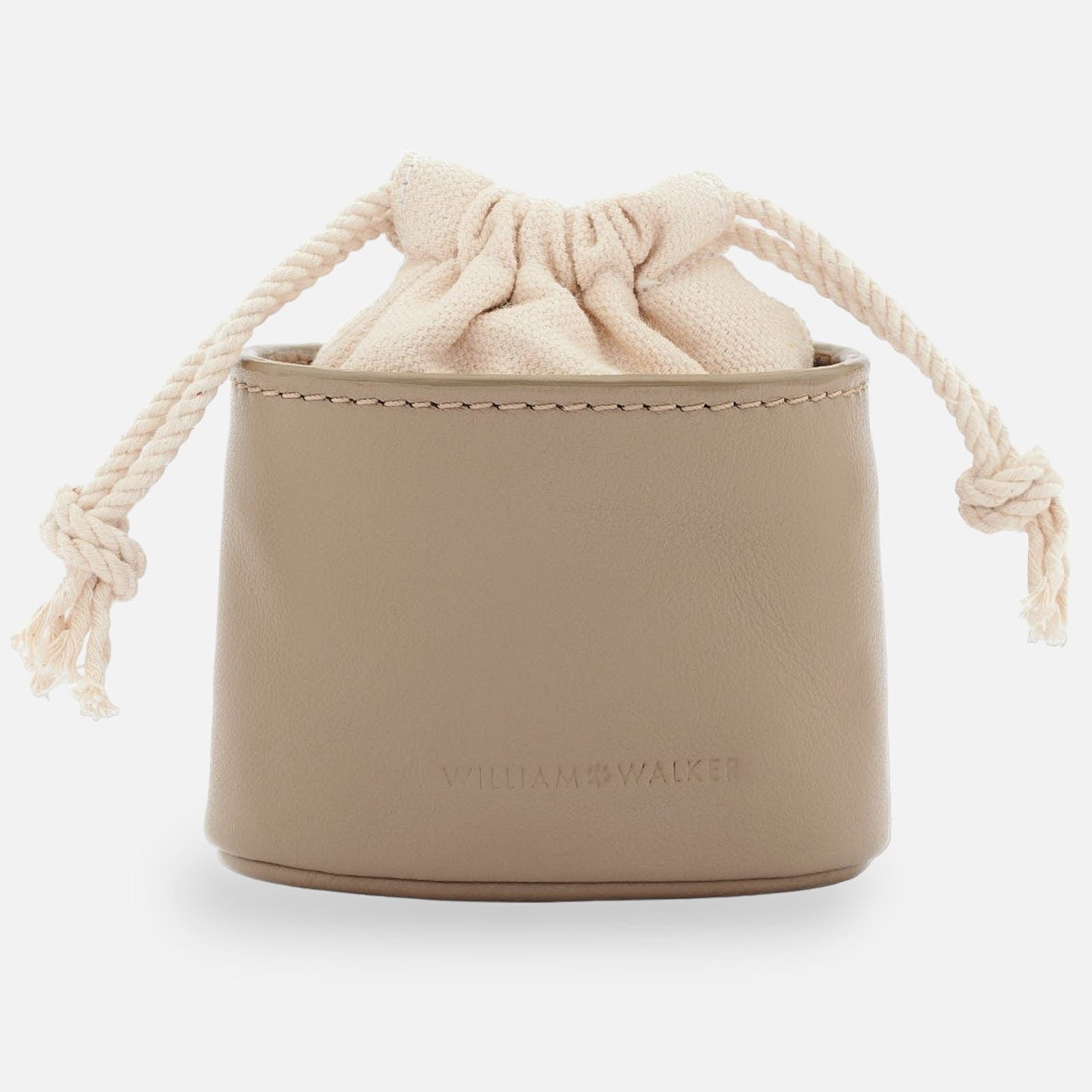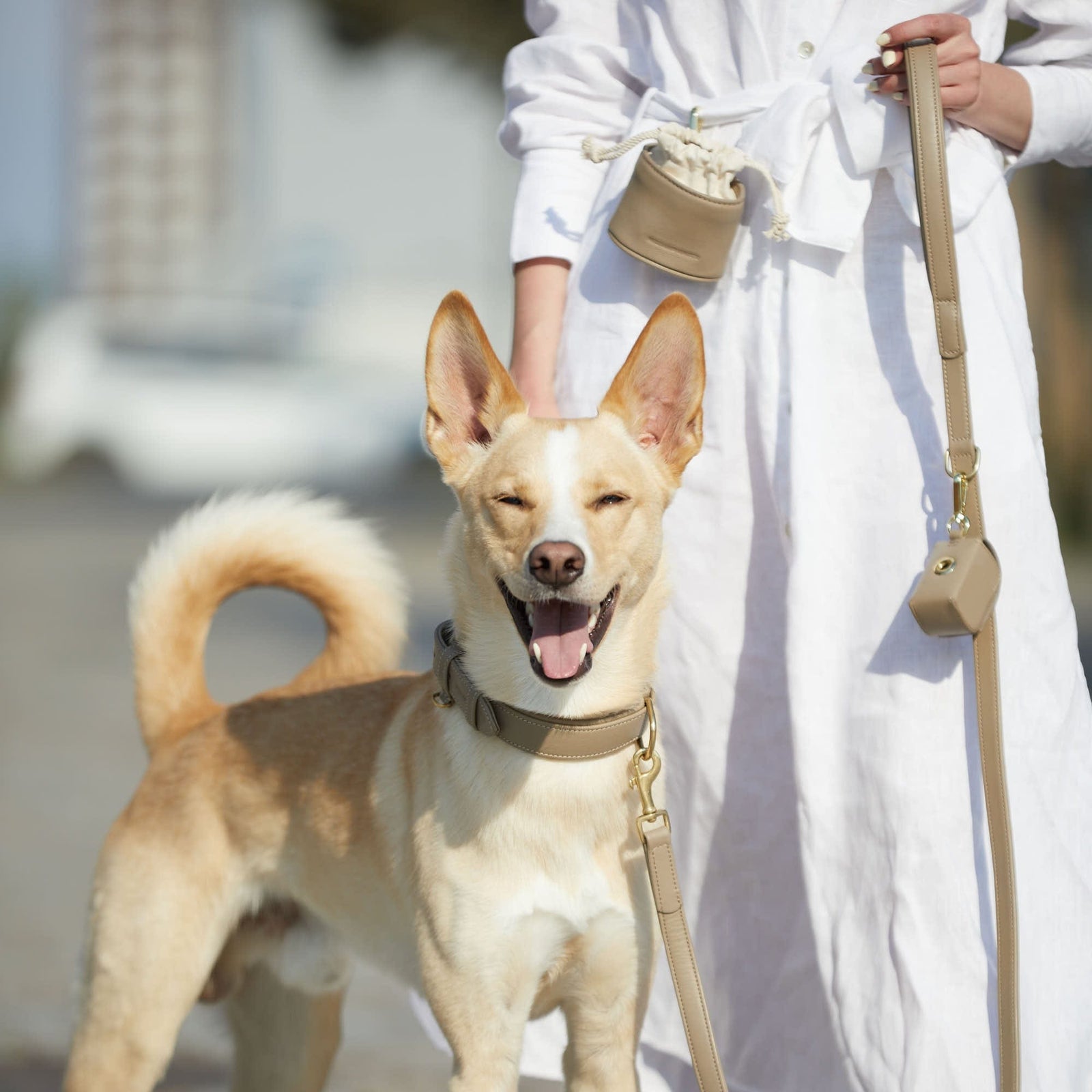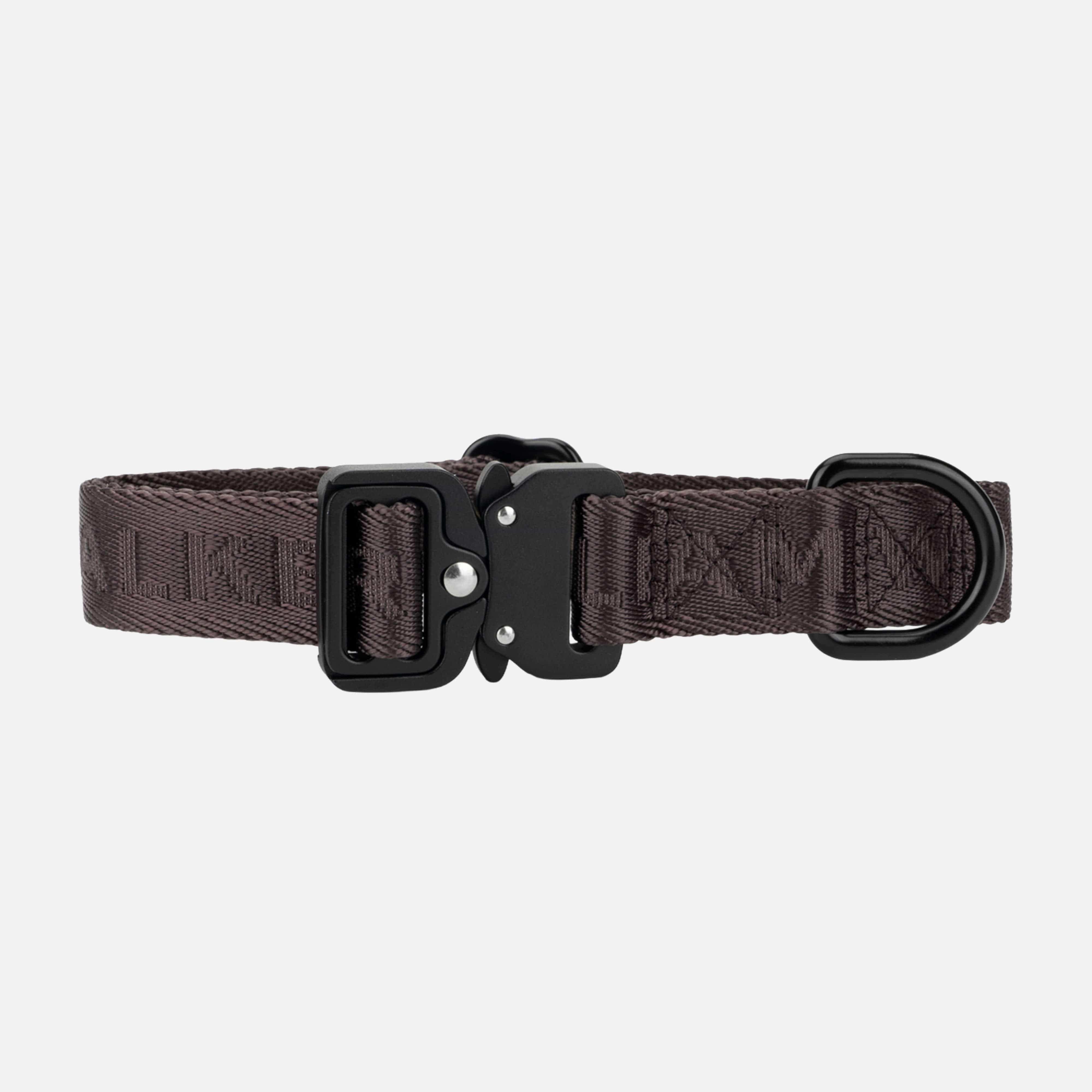
Should I get a second dog? - 5 tips to help you decide
These paws - adorable. This snout - to kiss. Those eyes - to melt away. I want more of them!
Almost every dog owner will ask themself at least once in a lifetime: Should I get a second dog? The are many reason for this desire. The deep affection for dogs and good experiences with the first four-legged friend are usually the main reason to get another dog. But the decision is very difficult for most dogowners - there is so much to think about: What if I am not up to this challenge? What if my dog is not up to this challenge?
The awareness to take on another big responsibility is the first and most important step on the way to the second dog. William Walker wants to support you with this decision. That's why we created the "second dog list". Various influencing factors will be summarized, explained and enriched with solutions.
5 things you should think about if you are considering getting a second dog
1. Is there enough space in my apartment/house for a second dog to ...:
- have another sufficiently large sleeping place? Dogs need their very own nest to cuddle and stretch out so they can become relaxed and balanced companions - because rivalry and envy lead to stress and tension among conspecifics.
- have another feeding place with enough distance? To defence the food is a basic instinct of every four-legged friend - even if its expression varies individually. If there is not enough space between the eating dogs it can lead to food being gobbled up and this is not only stressful but also bad for the health of the four-legged friend. Doors, corners, niches or even furniture can be used to create a feeling of distance and privacy.
- have enough space to move? Every dog owner experiences days when they're busy and the daily walk with the dog is too short. And that may be allowed sometimes. Dogs can also spend a day on the couch as long as that is not the rule. After all, most four-legged friends prefer to stay warm and dry when it's raining outside. For situations like this, there is a variety of indoor activities for our dogs. Both dogs must have enough space to move freely and not step on each other's paws.
- have a place to calm down? It is important that both dogs have the opportunity to get out of each other's way. For a good socialization of dogs it is necessary that the animals get to know each others reactions. Especially young dogs are not always able to interpret the boundaries of their playmates correctly or even become cheeky and high-spirited. In order to avoid a fight, dogs must have the chance to find protection and calm through spatial separation.
2. Is my environment suitable for a second dog?
- It is important to clarify in advance whether the landlord/owner of your rented apartment/house will allow you to keep a second dog. Nowadays most tenants do not even ask their landlord for permission, which is a high risk. One dog may be concealed, but with two dogs it becomes much more difficult. Because: not everybody likes dogs and has an understanding for noises or paw prints in the staircase. In the worst case scenario, there is the threat of dismissal and action for eviction. But don't worry, there are also many dog lovers among landlords. If the experience with the first dog was good for all parties, nothing will stand in the way of the second dog's happiness.
- Are there good walking conditions in your environment? Just because two dogs live in the same household doesn't mean that their bladder and digestion are in sync. Especially if you have chosen a puppy as a second dog, the time until it is potty trained on the 5th floor with some distance to the next green space can become a real disaster. A small green exit, a garden or green surroundings solve this problem completely. But no garden should not be an exclusion criterion - if there is a will, there is a way.
3. Am I suitable for a second dog?
- A second dog costs time. Especially at the beginning, during the acclimatisation and socialisation phase, the four-legged addition to the family needs a lot of attention. With a puppy, you have to assume an additional full-time job. While you can compensate for small weaknesses, such as the lack of a garden, with extra effort, there is no alternative to time. Plenty of time and the desire to spend it with dogs are super basic prerequisites for keeping two or even more four-legged friends.
- Dog training is the be-all and end-all for a good relationship. Humans are challenged even more than their four-legged friends. With two dogs, the possibilities for distraction increase and the dogs animate each other. Maintaining the obedience of two dogs not only takes patience and a lot of work, but also requires assertiveness. If your dog dances on your nose, a second one will dance along too.
- The costs of keeping a dog double with a second dog. Not only does food have to be provided twice, but veterinary costs also increase. A second dog is also subject to dog tax, and additional dog liability insurance should be taken out. The risk that not all dogs have the same state of health must always be taken into account. One should also be able to afford emergencies financially. Supportive dog health insurance is available.
4. Is my dog ready for another dog?
- Your dog should know the basic commands. If your dog still lacks obedience, additional time should be invested in training him before a second dog can do the same. However, if your four-legged friend is well trained, he can even be a real help and act as a role model in the training of your new flatmate.
- Your dog should get along well with other dogs. Generally speaking, the better and more relaxed your dog is with other dogs, the more likely it is that you will be successful in reuniting him with a new housemate. To ensure that defending your territory does not get in the way of developing a great friendship, the first meeting should take place on neutral ground. Initial rivalries, envy or disagreements between the four-legged friends usually subside over time and the animals get used to each other.
- Find a dog that suits your furry friend. The bond between two dogs can be favoured by deliberate combinations of sexes and breeds. For example, in most cases there will be less rivalry and dominance behaviour when a female dog is matched with a male dog. However, some precautions should be taken, otherwise two dogs can quickly become a litter of puppies. If you try to keep two unneutered males under the same roof, you must assume that there will be at least one power struggle. Dogs of the same breed often have similar characteristics and behaviour patterns - they usually get along particularly well. However, sympathies and antipathies can occur anywhere and sometimes the most unconventional combos make the nicest couples. Nevertheless, it is always worth taking a look at the FCI breed standards. If you choose a second dog from a shelter, knowledge about the breed or the different breed parts can help you to understand the dog better and to adjust to living with it.
- Your dog should have reached adulthood. If he is still a puppy or even a rebellious pubescent, you should wait a while before getting a second dog. Your dog needs your full attention at this stage of his life. If your four-legged friend is already a senior, a second dog, especially a puppy, can give him a second spring. However, old dogs can often feel disturbed in their peace and quiet. Generally speaking, is your dog still healthy and fit despite his advanced age and does he enjoy playing with other dogs? Then nothing stands in the way of an addition to the family due to age.
5. Double happiness or a lot of work?
The answer is probably: both! Because you can only get double happiness with a lot of work, time and heart.
By Louisa Knoll
